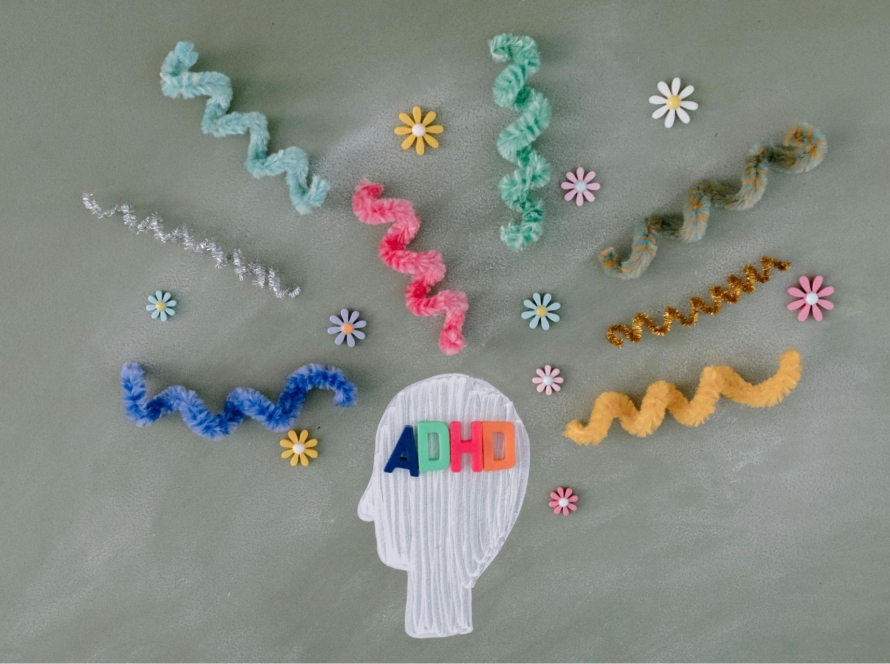In-home psychotherapy for children is an approach where psychotherapists provide therapeutic services to children in the comfort and familiarity of their own homes. This form of therapy can be beneficial for children who may feel more comfortable and secure in their home environment or who have difficulties accessing traditional office-based therapy.
Here are some key points to consider when providing in-home psychotherapy for children:
Assessment: Conduct a thorough assessment to understand the child’s needs, concerns, and any underlying factors that may contribute to their difficulties. This assessment may involve gathering information from parents, caregivers, and other professionals involved in the child’s life.
Collaborate with caregivers: In-home psychotherapy often involves working closely with parents or caregivers. Collaborate with them to understand the child’s daily routines, challenges, and goals. Provide guidance and support to help caregivers implement therapeutic strategies outside of session time.
Create a therapeutic environment: Make efforts to create a safe and therapeutic space within the child’s home. Ensure the environment is free from distractions, provides a sense of privacy, and is conducive to therapeutic activities.
Engage in play-based approaches: Children often communicate and express themselves through play. Utilize play-based techniques and interventions that are developmentally appropriate to engage children in therapy. This may include art therapy, storytelling, sand tray therapy, or role-playing.
Tailor interventions to the child’s needs: Adapt your therapeutic interventions and approaches based on the individual needs and preferences of the child. Be flexible and creative in your techniques to engage the child and address their specific challenges.
Involve the child’s support system: In addition to working with the child and their caregivers, consider involving other professionals, such as teachers or school counsellors, if applicable. Collaborate and coordinate care to ensure a holistic approach to the child’s well-being.
Maintain professional boundaries: Just like in traditional office-based therapy, it is important to establish and maintain professional boundaries when providing in-home psychotherapy. This includes ensuring confidentiality, maintaining appropriate physical contact, and adhering to ethical guidelines.
Remember, each child is unique, and therapy should be tailored to their specific needs and circumstances. In-home psychotherapy can be a valuable approach for supporting children in their natural environment, but it’s important to assess the appropriateness of this setting on a case-by-case basis and ensure the safety and well-being of both the child and therapist. If you are interested in this type of therapy book your free consultation today: https://mentalhealthandfreedom.janeapp.com/#/staff_member/3



